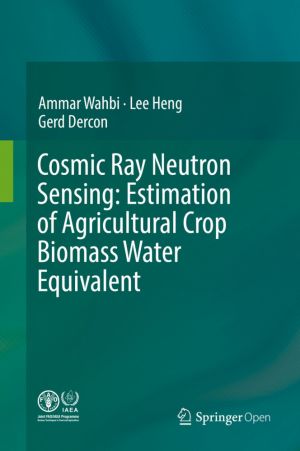
This book provides methods for the estimation of Biomass Water Equivalent (BEW), an essential step for improving the accuracy of area-wide soil moisture by cosmic-ray neutron sensors (CRNS). Three techniques are explained in detail: (i) traditional in-situ destructive sampling, (ii) satellite based remote sensing of plant surfaces, and (iii) biom...
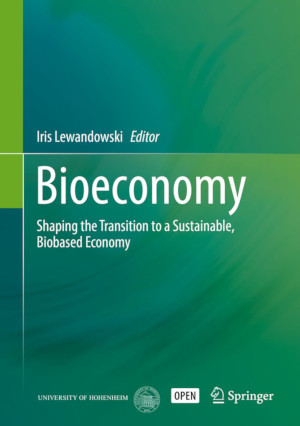
This book defines the new field of "Bioeconomy" as the sustainable and innovative use of biomass and biological knowledge to provide food, feed, industrial products, bioenergy and ecological services. The chapters highlight the importance of bioeconomy-related concepts in public, scientific, and political discourse. Using an interdiscipli...
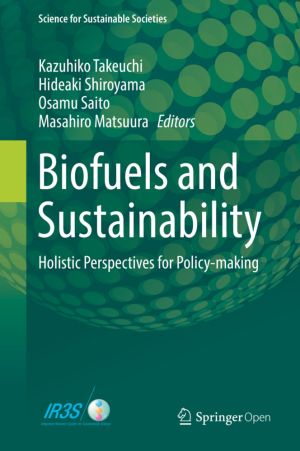
This book presents a comprehensive analysis of biofuel use strategies from an interdisciplinary perspective using sustainability science. This interdisciplinary perspective (social science-natural science) means that the strategies and policy options proposed will have significant impacts on the economy and society alike. Biofuels are expected to c...
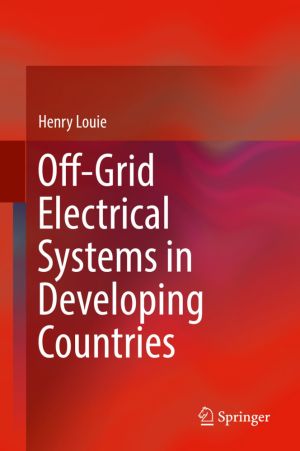
This book provides students and practicing engineers with a comprehensive guide to off-grid electrification: from microgrids and energy kiosks to solar home systems and solar lanterns. As the off-grid electrification industry grows, universities are starting and expanding courses and programs in humanitarian engineering and appropriate technology. ...
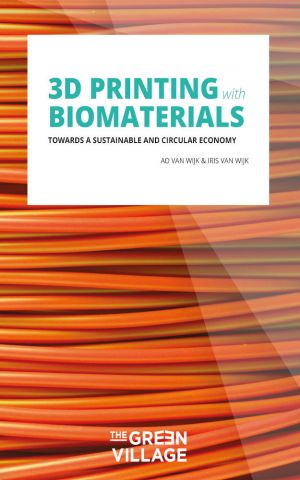
Additive manufacturing or 3D printing, manufacturing a product layer by layer, offers large design freedom and faster product development cycles, as well as low startup cost of production, on-demand production and local production. In principle, any product could be made by additive manufacturing. Even food and living organic cells can be printed. ...

The aim of this book is to review and analyse the goods and services of bivalve shellfish. How they are defined, what determines the ecological functions that are the basis for the goods and services, what controversies in the use of goods and services exist, and what is needed for sustainable exploitation of bivalves from the perspective of the va...
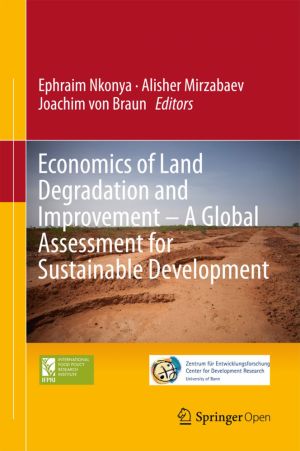
This volume deals with land degradation, which is occurring in almost all terrestrial biomes and agro-ecologies, in both low and high income countries and is stretching to about 30% of the total global land area. About three billion people reside in these degraded lands. However, the impact of land degradation is especially severe on livelihoods of...
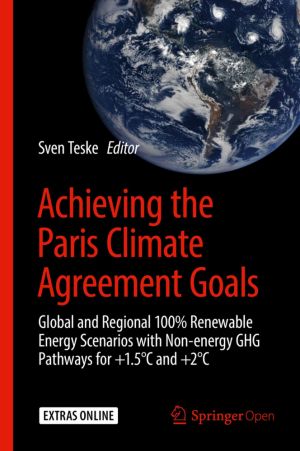
This book presents detailed pathways to achieve 100% renewable energy by 2050, globally and across ten geographical regions. Based on state-of-the-art scenario modelling, it provides the vital missing link between renewable energy targets and the measures needed to achieve them. Bringing together the latest research in climate science, renewable en...
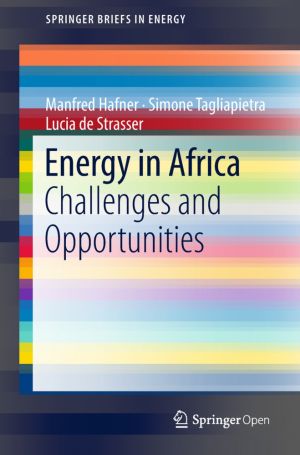
This book presents a picture of the current energy challenges on the African continent (and the Sub-Saharan region in particular) and proposes pathways to an accelerated energy transition. Starting with an analysis of the status quo and the outlook for Africa's energy demand and energy access, it provides an account of the available resources,...
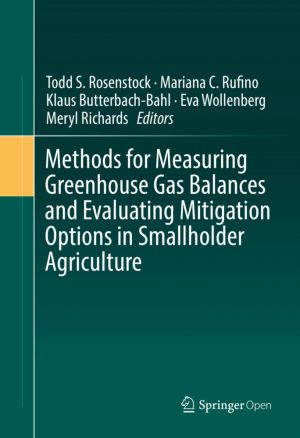
This book provides standards and guidelines for
quantifying greenhouse gas emissions and removals in smallholder agricultural systems
and comparing options for climate change mitigation based on emission
reductions and livelihood trade-offs. Globally, agriculture is directly
responsible for about 11% of annual greenhouse gas (GHG) emissions a...
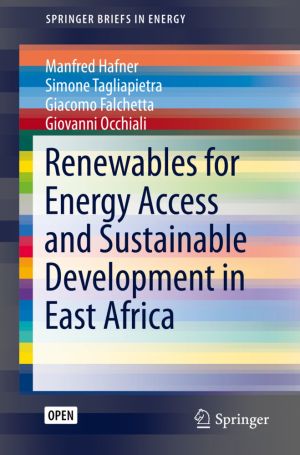
This short open access book investigates the role of renewable energy in East Africa to provide policy-relevant inputs for the achievement of a cost-effective electrification process in the region. For each country, the authors review the current situation in the domestic power sector, adopt a GIS-based approach to plot renewable energy resources p...

This book discusses biogeochemical processes relevant to carbon and aims to provide readers, graduate students and researchers, with insight into the functioning of marine ecosystems. A carbon centric approach has been adopted, but other elements are included where relevant or needed. The book focuses on concepts and quantitative understanding of p...
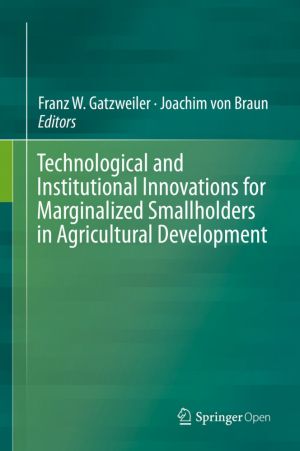
The aim of the book is to present contributions in theory, policy and practice to the science and policy of sustainable intensification by means of technological and institutional innovations in agriculture. The research insights re from Sub-Saharan Africa and South Asia. The purpose of this book is to be a reference for students, scholars and prac...
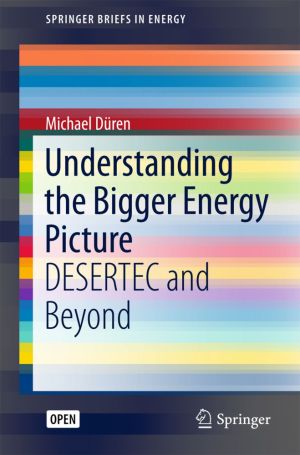
This book focuses on the global cycles of energy, water and carbon, which are not only the essentials of our main energy carriers, the fossil fuels, but are also the building blocks of life. The book offers an overview of the basic scientific facts and relationships that are needed to understand today's energy generation and use, how they rela...
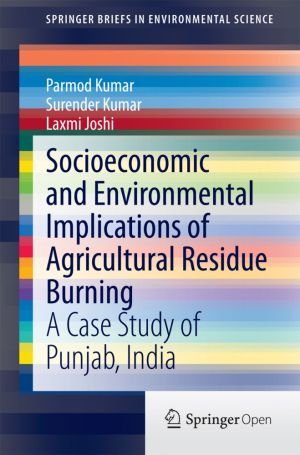
This book discusses the important issue of the socioeconomic and environmental impacts of agricultural residue burning, common in agricultural practices in many parts of the world. In particular, it focuses on the pollution caused by rice residue burning using primary survey data from Punjab, India. It discusses emerging solutions to agricultural w...
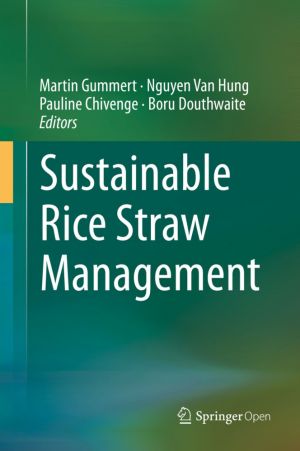
This free book on straw management aims to provide a wide array of options for rice straw management that are potentially more sustainable, environmental, and profitable compared to current practice. The book is authored by expert researchers, engineers and innovators working on a range of straw management options with case studies from Vietnam, th...
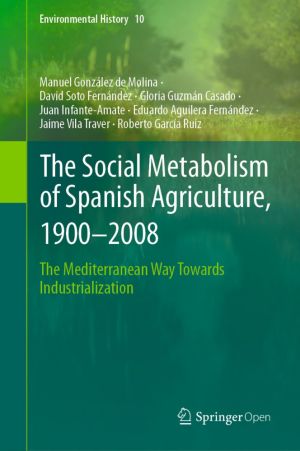
This book provides a panoramic view of the evolution of Spanish agriculture from 1900 to the present, offering a more diverse picture to the complex and multidimensional reality of agrarian production. With a clear transdisciplinary ambition, the book applies an original and innovative theoretical and methodological tool, termed Agrarian Social Met...

You read about it every day: How can we create a sustainable, reliable and affordable energy supply? Does a local water supply play a role in this? Why don't we drive hydrogen cars that are powered by the sun and rain? The availability of cheap green energy is increasing. . We have solar and wind power, and even energy derived from ambient hea...
